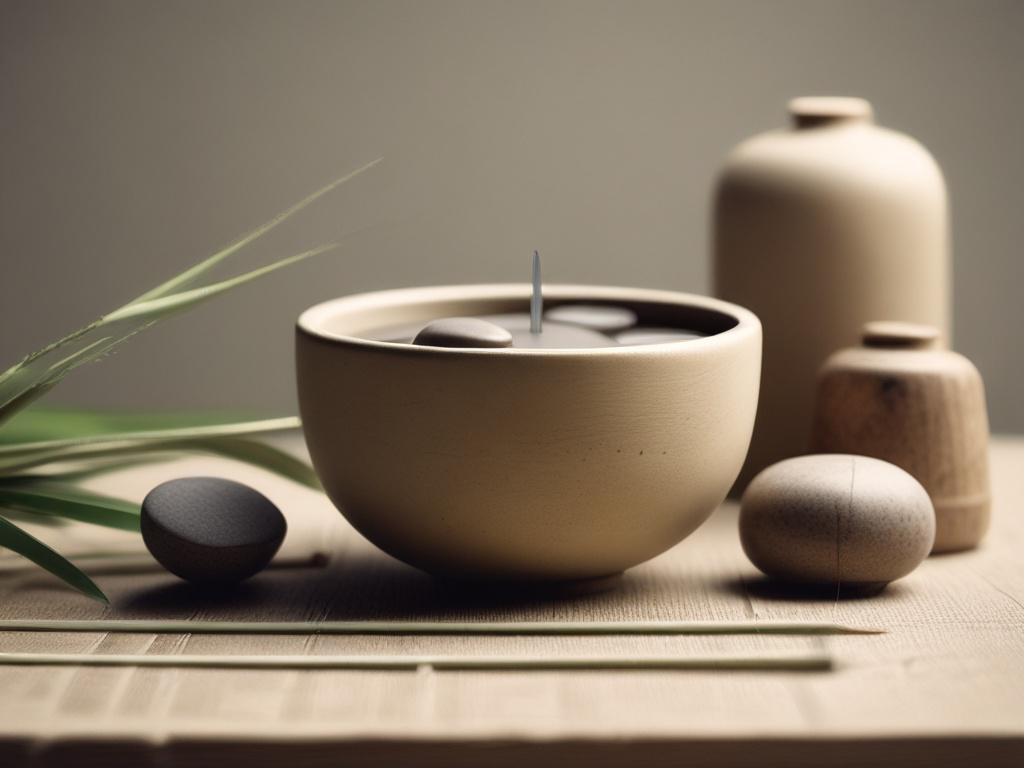
Acupuncture, an ancient healing art with roots in Traditional Chinese Medicine, has captivated the interest of health enthusiasts and practitioners worldwide. This time-honored therapy involves the precise insertion of thin needles into specific points on the body, creating pathways for energy to flow and promoting overall well-being. As you embark on this journey into holistic healing, you'll discover how acupuncture not only addresses physical ailments but also supports emotional and mental balance, making it a comprehensive approach to health.
In this blog post, we aim to demystify acupuncture by exploring its foundational principles and highlighting its numerous benefits. By understanding how this therapeutic practice operates, individuals can appreciate its significance in promoting healing and balance within the body. Let us delve into the rich history, guiding philosophies, and transformative effects of acupuncture therapy, and uncover how this ancient wisdom can enhance modern wellness.
The ancient traditions behind acupuncture therapy: A journey into holistic healing
Acupuncture therapy traces its roots back thousands of years to ancient China, where it emerged as a foundational practice within Traditional Chinese Medicine (TCM). This holistic healing system emphasizes the interconnectedness of the body's physical, emotional, and spiritual aspects. Through the strategic insertion of fine needles into specific points along the body’s meridians—pathways that facilitate the flow of vital energy known as Qi—acupuncture aims to restore harmony and balance. By engaging with this ancient art, practitioners tap into a wealth of wisdom that not only addresses symptoms but also seeks to understand and heal the underlying causes of illness.
As this practice evolved, it spread across different cultures and adapted to various health paradigms, incorporating unique techniques and philosophies. Each culture’s understanding of energy flow and its impact on health enriched acupuncture’s repertoire, contributing to its effectiveness in promoting overall wellness. Histories from ancient texts illustrate how acupuncture was not merely a remedy for ailments but a proactive approach to maintain health and prevent disease. Today, this ancient healing art resonates with modern healthcare, bridging the gap between time-honored traditions and contemporary practices, and inviting individuals to explore the transformative potential of acupuncture therapy.
Explore the principles of acupuncture: How it promotes balance and wellness
Acupuncture operates on the foundational principles of Traditional Chinese Medicine (TCM), emphasizing the concept of Qi (pronounced chi), the vital life force that flows through the body along specific pathways known as meridians. By inserting fine needles into these meridian points, practitioners aim to restore the natural flow of Qi, helping to alleviate blockages and enhance overall energy circulation. This gentle stimulation triggers the body's healing response, ensuring that all systems harmonize and function optimally. In essence, acupuncture serves not just as a treatment for ailments but as a holistic approach to maintaining balance within the body.
In addition to Qi, acupuncture also aligns with the philosophical concept of Yin and Yang, representing the dual and interconnected nature of existence. A balanced state between these two forces is crucial for sustaining health and emotional well-being. When one aspect dominates the other, it can lead to physical and emotional disorders. Acupuncture therapy addresses these imbalances, fostering a sense of equilibrium within the body and mind. Through its ancient methodologies, acupuncture not only targets physical symptoms but delves deeper into the emotional and spiritual realms, reinforcing the idea that true wellness encompasses a holistic perspective.
The myriad benefits of acupuncture: Transforming health through ancient wisdom
Acupuncture offers a wide array of benefits that extend beyond mere pain relief. This ancient healing art effectively addresses various conditions, including stress, anxiety, insomnia, digestive disorders, and even headaches. By stimulating specific points on the body, acupuncture helps to release endorphins and other natural substances, promoting a state of relaxation and overall well-being. Many individuals report improved energy levels, enhanced mood, and a greater sense of connection to their bodies after undergoing acupuncture treatments. This holistic approach not only alleviates symptoms but also addresses underlying issues, paving the way for long-lasting health improvements.
Moreover, acupuncture therapy integrates smoothly into modern healthcare practices and can complement various treatments. It helps reduce the side effects of conventional medicine, such as chemotherapy, by alleviating nausea and pain. Patients undergoing acupuncture frequently notice enhanced recovery from surgeries or injuries, as it promotes blood circulation and accelerates the healing process. Furthermore, acupuncture fosters emotional and mental balance, making it a powerful tool in supporting both physical and psychological health. As more individuals discover the transformative effects of this ancient practice, acupuncture continues to be a vital component in the quest for holistic wellness.
Sign up to stay updated on our articles and seasonal specials.